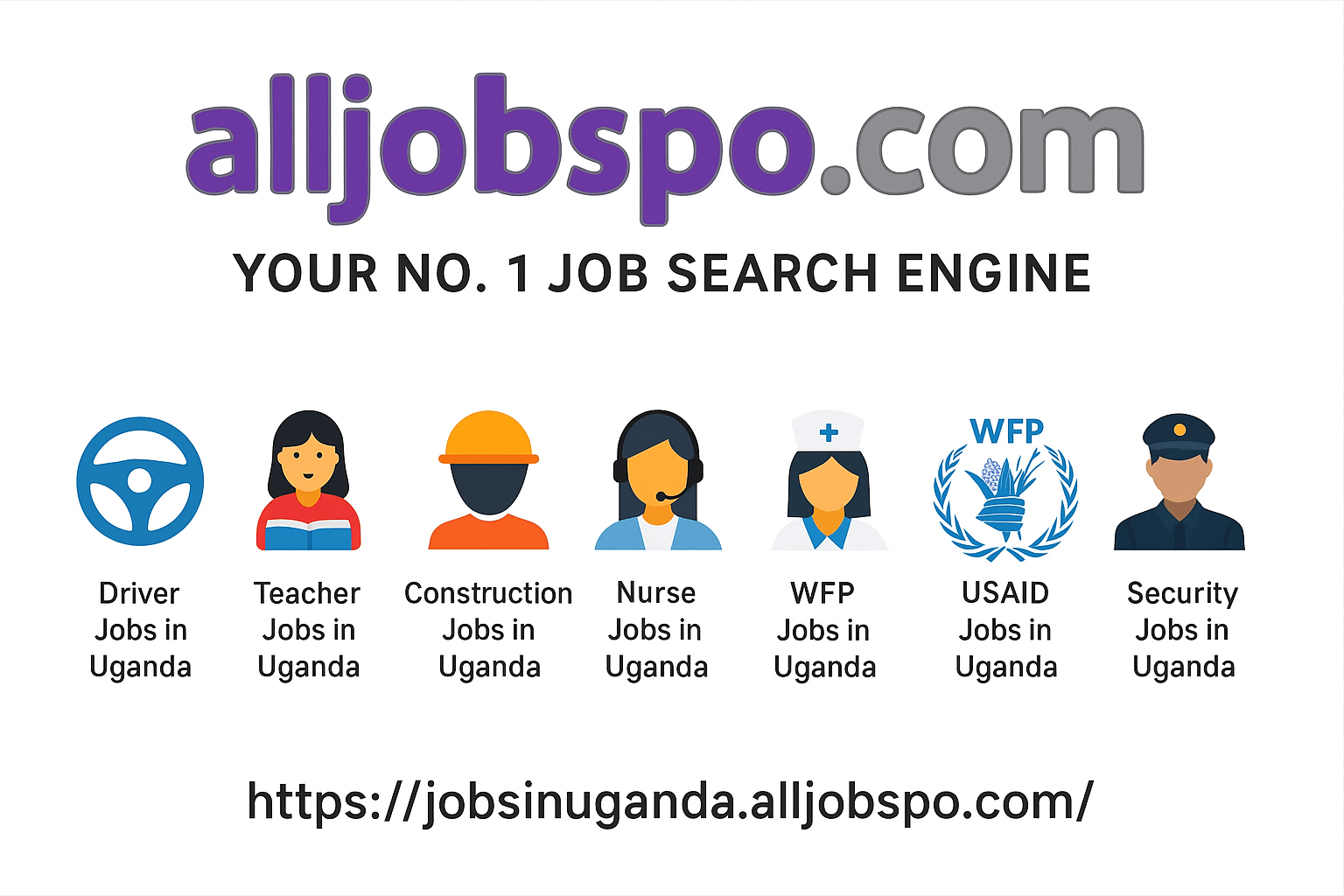UNHCR Jobs in Uganda: Opportunities and Impact

The United Nations High Commissioner for Refugees (UNHCR) plays a crucial role in protecting and assisting refugees and displaced persons around the world, including Uganda. As one of the largest host countries for refugees in Africa, Uganda faces significant challenges related to displacement caused by conflict, persecution, and environmental factors. UNHCR's presence in Uganda aims to provide support and enhance the livelihoods of these vulnerable populations. This article explores the landscape of UNHCR Jobs in Uganda, the types of roles available, the skills required, and the impact of these positions on local communities.
The Role of UNHCR in Uganda
UNHCR has been active in Uganda for many years, providing essential services and support to refugees and asylum seekers. The organization's primary objectives include:
· Protection: Ensuring the rights and safety of refugees and displaced persons, advocating for their protection against violence and exploitation.
· Assistance: Providing basic needs such as food, shelter, healthcare, and education to refugees and host communities.
· Durable Solutions: Promoting long-term solutions for refugees, including local integration, resettlement, and voluntary repatriation.
· Capacity Building: Working with the Ugandan government and local organizations to strengthen national and local capacities in managing refugee situations.
Through these initiatives, UNHCR aims to improve the living conditions of refugees and foster peaceful coexistence between refugees and host communities.
Types of UNHCR Jobs in Uganda
UNHCR offers a diverse range of job opportunities in Uganda, catering to various skill sets and professional backgrounds. The main categories include:
1. Protection Officers: Responsible for ensuring the protection of refugees, these officers assess individual cases, provide legal assistance, and advocate for refugees' rights.
2. Program Managers: These professionals oversee the implementation of UNHCR’s programs, ensuring they align with organizational goals and effectively address the needs of refugees.
3. Logistics and Supply Chain Specialists: Given the logistical challenges in delivering aid, UNHCR requires professionals skilled in supply chain management to ensure efficient distribution of resources.
4. Health and Nutrition Experts: These specialists focus on providing healthcare services and nutrition support to refugees, working to improve health outcomes and address malnutrition.
5. Community Engagement Officers: Engaging with both refugees and host communities, these officers facilitate dialogue, promote social cohesion, and ensure that the voices of refugees are heard.
Job Opportunities and Requirements
UNHCR jobs in Uganda are available in various locations, including urban centers and refugee settlements. To apply for positions, candidates typically need to meet specific qualifications:
· Educational Background: A degree in a relevant field, such as international relations, social sciences, law, or public health, is often required. Advanced degrees may be preferred for specialized roles.
· Experience: Previous experience in humanitarian work, refugee protection, or related fields is highly valued. For some positions, candidates may need to demonstrate expertise in project management or specific technical skills.
· Language Skills: Proficiency in English is essential, and knowledge of local languages (such as Swahili or Arabic) can be an advantage in community engagement roles.
· Soft Skills: Strong communication, empathy, and conflict resolution skills are crucial for working effectively with diverse populations.
Challenges in the Humanitarian Sector
While UNHCR jobs in Uganda offer rewarding opportunities, several challenges exist within the humanitarian sector:
1. Funding Constraints: Many UNHCR programs rely on donor funding, which can fluctuate, impacting the sustainability of initiatives and job security for employees.
2. Security Concerns: Working in conflict-affected or remote areas can pose safety risks for staff, requiring organizations to implement robust security protocols.
3. Cultural Sensitivity: Navigating the complexities of local customs and practices is essential for effective program implementation, necessitating cultural competence among staff.
4. High Demand for Services: The need for humanitarian assistance often exceeds available resources, placing pressure on UNHCR staff to maximize impact within limited budgets.
Future Prospects
The future of UNHCR jobs in Uganda appears promising, with ongoing efforts to enhance the protection and well-being of refugees and host communities. As global displacement trends continue to rise, the demand for skilled professionals in the humanitarian sector is likely to grow.
Moreover, UNHCR’s focus on innovative solutions, such as utilizing technology for data management and program delivery, presents new opportunities for individuals with relevant skills.
Conclusion
UNHCR jobs in Uganda are vital for protecting and assisting refugees and displaced persons, making a significant impact on their lives and the communities they inhabit. By offering a range of opportunities across various sectors, UNHCR attracts dedicated individuals committed to humanitarian work. While challenges exist, the efforts of UNHCR are crucial in transforming lives and supporting the resilience of vulnerable populations. For those passionate about making a difference, a career with UNHCR in Uganda presents a chance to contribute meaningfully to the mission of providing safety and dignity to those in need.
- Art
- Causes
- Crafts
- Dance
- Drinks
- Film
- Fitness
- Food
- Spellen
- Gardening
- Health
- Home
- Literature
- Music
- Networking
- Other
- Party
- Religion
- Shopping
- Sports
- Theater
- Wellness


